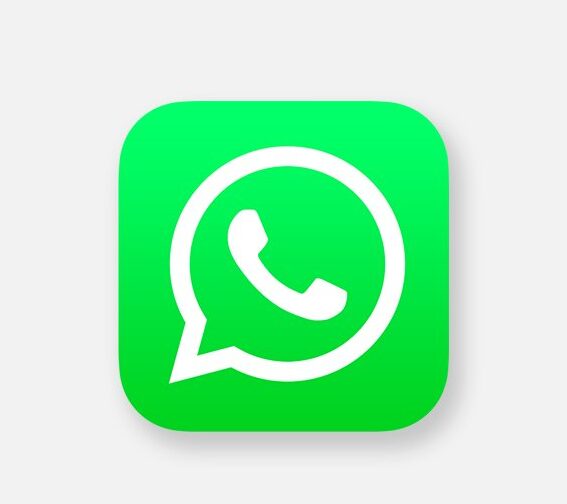The Telecom Regulatory Authority of India (TRAI) is re-evaluating its stance on regulating over-the-top (OTT) communication services, such as WhatsApp and Zoom. TRAI has released a consultation paper inviting stakeholders to provide suggestions on regulating these services and exploring the possibility of selectively banning OTT apps instead of shutting down the entire internet. This move comes after years of demand from telecom operators for regulatory parity between them and OTT platforms.
TRAI argues that while specific requirements and regulations bind telecom operators, OTT platforms offer similar services without the same obligations. Operators are required to obtain service licenses for voice and SMS services, pay into the Universal Service Obligation Fund (USOF), and adhere to lawful interception requirements. On the other hand, OTT communication service providers offer voice calls, messaging, and video calls without the need for licenses or financial contributions towards increasing telecom services penetration.
The potential selective banning of OTT apps is being explored to avoid the significant ramifications that a complete shutdown of telecommunications or the internet can have on a country’s economy and vital services such as education and healthcare. TRAI acknowledges the challenges associated with blocking dynamic IP addresses and websites hosted on cloud servers, as well as the encryption and security provided by the HTTPS protocol used by some targeted websites. However, it believes advanced techniques and network-level blocking or filtering methods can still be employed.
The financial considerations surrounding the regulation of OTT services are also a point of contention. The revenue contribution from data usage by mobile subscribers has grown significantly over the years, while revenues from voice and SMS services have declined. TRAI highlights the exponential growth in monthly wireless data usage and the corresponding increase in average revenue per wireless subscriber from data usage.
Earlier drafts of the telecom bill have proposed bringing OTT services under the licensing regime, subjecting them to similar rules as telecom operators. This has been a contentious issue, with telecom service providers seeking a level playing field with OTT apps, particularly in communication services where they have incurred high costs for licenses and spectrum, while OTT players have leveraged existing infrastructure to offer free services.
As TRAI revisits the regulation of OTT services, the intersectionality of rules surrounding internet services and the involvement of multiple government agencies in the sector becomes apparent. The outcome of the consultation process will shape the future regulatory framework for OTT services in India.


